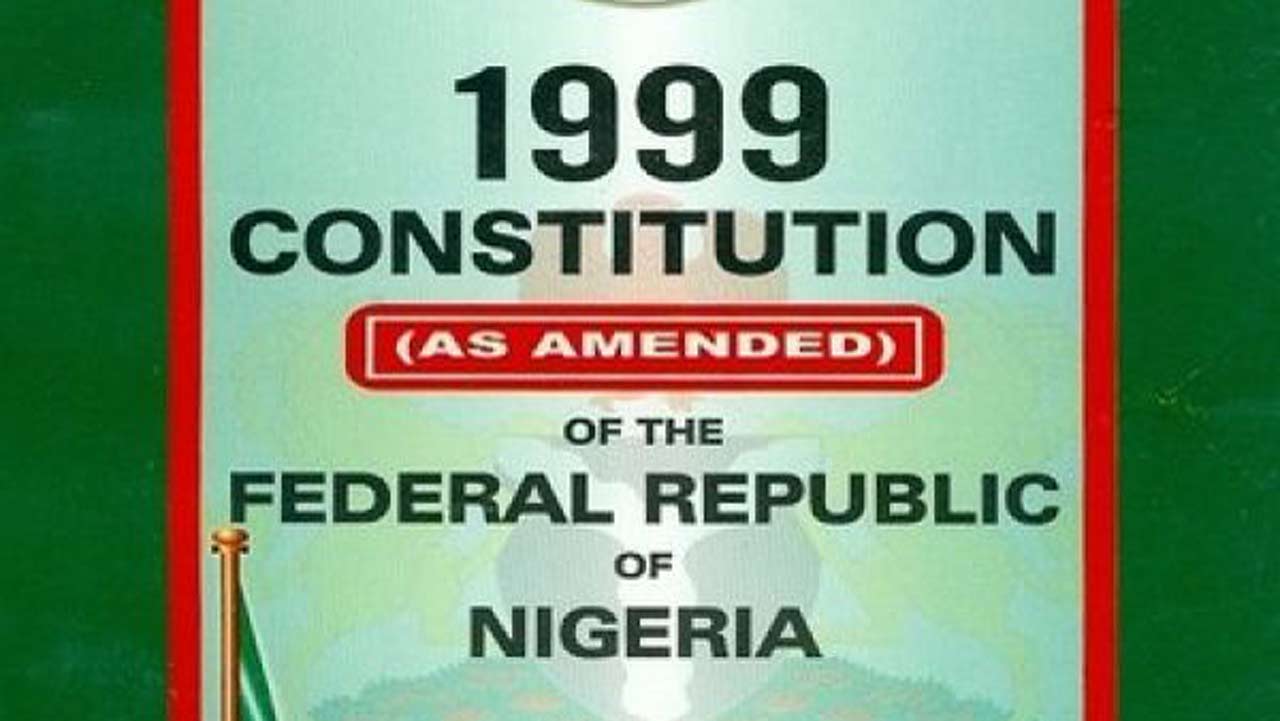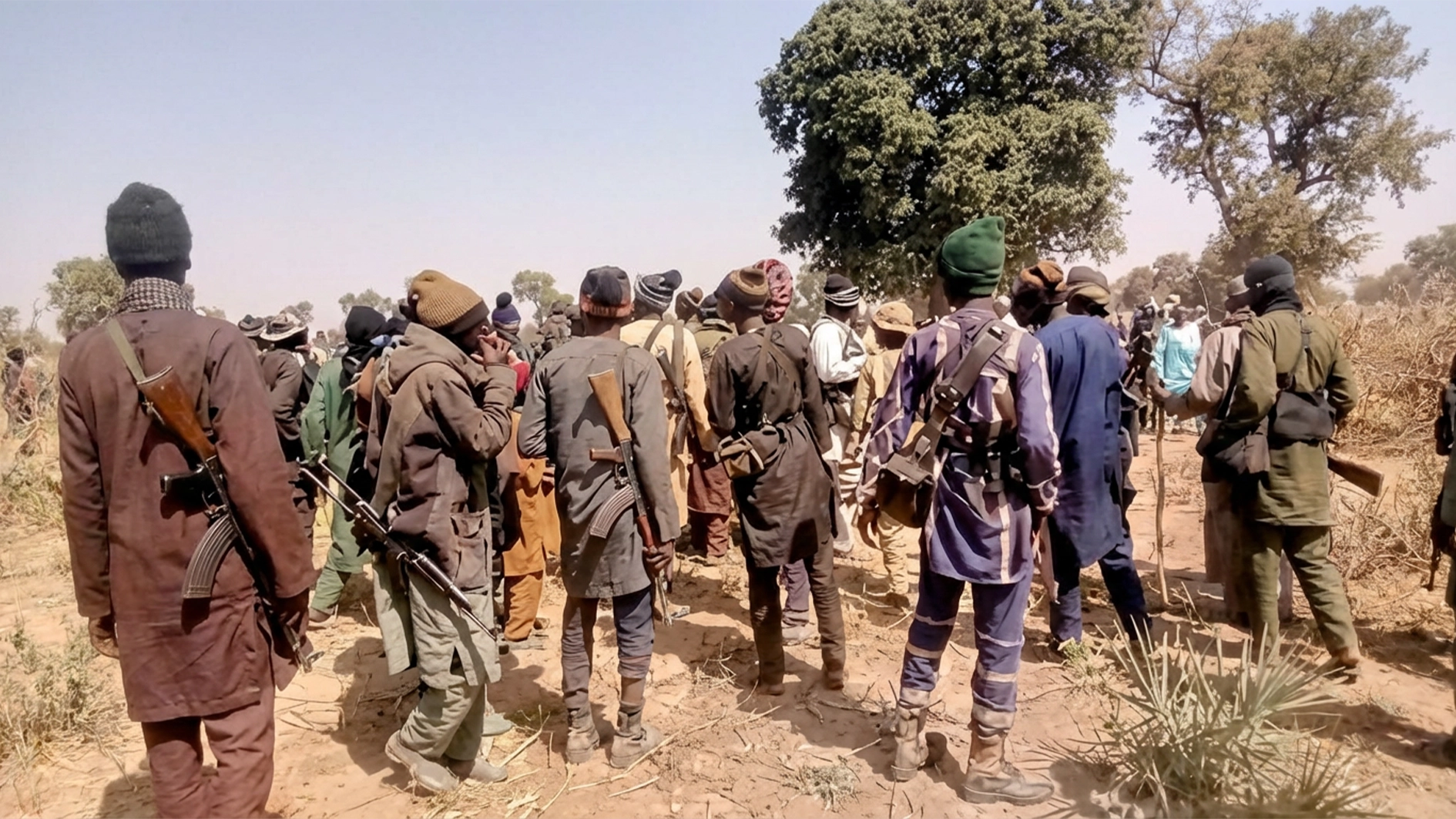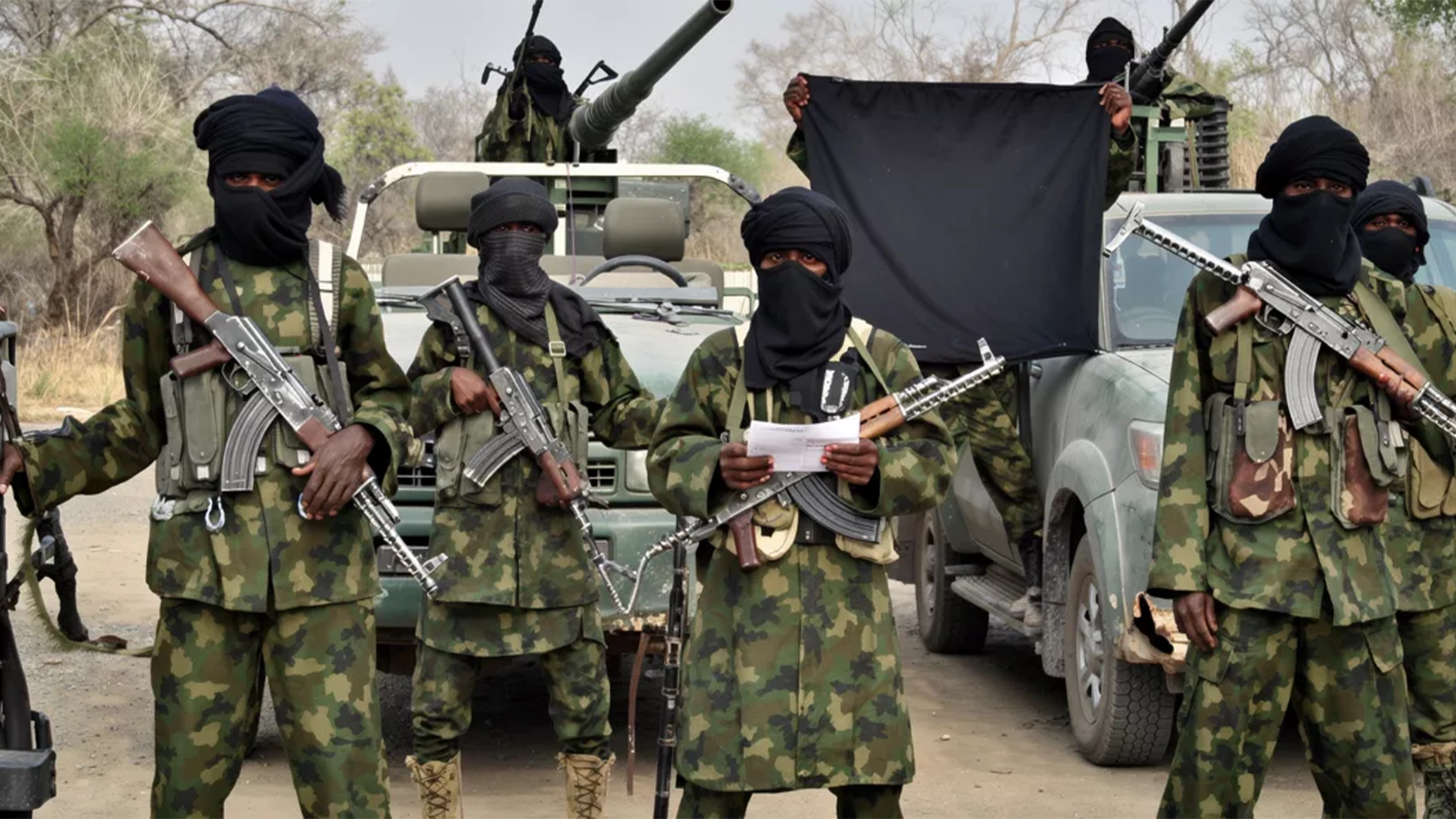
An elder statesman and a retired university lecturer who majored in Mathematics, Professor Peter Lassa, has stressed the need for a new constitution in the country, as all Nigerian Constitutions, including the present one, are ambiguous.
Lassa added that these ambiguities pose problems for the average educated person, who may not be learned in law, to interpret.
Briefing journalists yesterday at the Nigeria Union of Journalists (NUJ) Secretariat of the Press Council, Jos, Plateau State, the retired professor, who said he is neither a politician nor belongs to any political party, also discussed local government autonomy.
On state governors as Chief Security Officers of their states according to the 1999 constitution, as amended, referring to Section 212, he said the governors are right in insisting that they are mere figureheads.
According to Lassa, though Section 215 of the 1999 constitution confers on state governors the title of Chief Security Officers, the wording or caveat in Section 215 shows that the governors may, after all, be right in insisting that they are mere figureheads.
He explained that the commissioner of police in a state may lawfully disobey the directive of a state governor if such a directive does not have the blessing of federal authorities.
“The constitution needs to be amended to confer on governors the power of control over security forces in their states,” he contended.
He asserted that defection and cross-carpeting have become recurring characteristics in Nigerian politics, adding that a law should be enacted, possibly a constitutional provision, to address defection to the extent that anyone who defects from one party to another automatically loses their seat, with no further action in court.
Lassa categorically proposed that the vacancy should be advertised and a re-election conducted within six months, pointing out that judicial officers should not accept gifts from political holders.
On judges passing conflicting judgments on the same matter, he argued that the creation of several divisions of the Court of Appeal has led to the unintended problem of conflicting judgments at the appellate court.
“Such judicial contradictions have a tendency to lead not only to confusion in judicial precedent but cause untold hardship to litigants in their quest for justice. Plateau State is a classic example of this. Primaries were conducted by the PDP, whose validity was challenged in court, forgetting that it was a pre-election matter and should not have been entertained by the Election Tribunal in the first place,” Lassa stressed.
The election of Governor Caleb Mutfwang, he said, was challenged at the Appeal Tribunal, but his victory was upheld. However, on appeal, all candidates of the PDP, Mutfwang’s party, were sacked. On further appeal, only the governor was returned by the Supreme Court.
He added that other legislators, who were sacked at the Court of Appeal level, were left with no remedy. “Isn’t this robbing the people of their choice?”
He concluded by saying that Nigeria needs a new constitution that emanates from the people, which they will obey. “We are all Nigerians, and no one should be more Nigerian than the other.”






